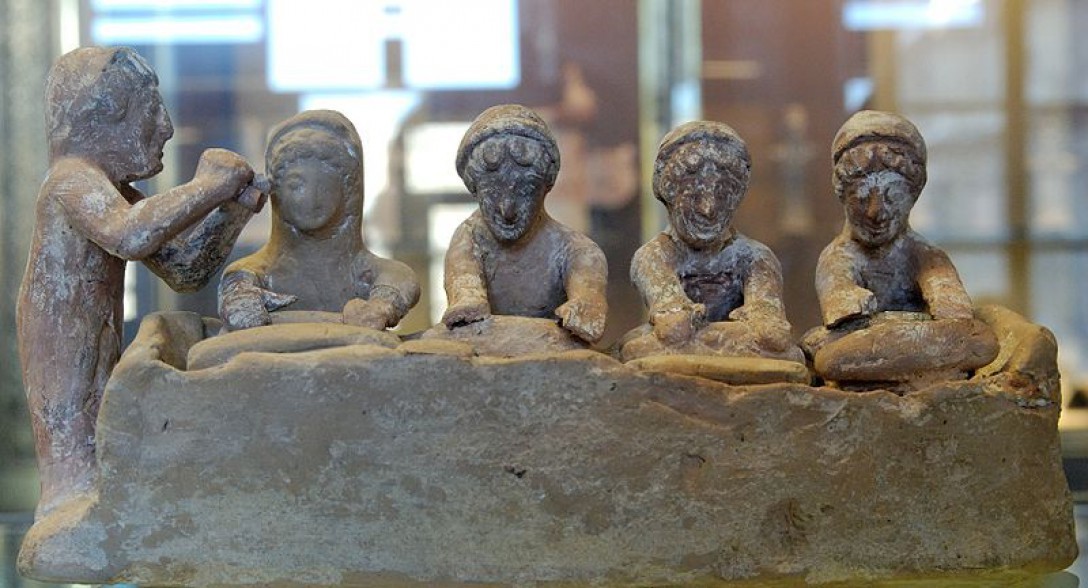Fasting is the voluntary abstinence from eating foods that contain blood and dairy products, or even another food, over a period of time out of the ordinary. The purpose of fasting is to cleanse both body and spirit. This practice has its origins in the ancient Aegyptian religion. Ancient Greeks adopted this custom and not only involved it in the rituals of their mystery cults but they also used it for different purposes. At the temples of Asclepius, the semi-devine son of God Apollo, who was skilled in medicine and surgery, the long day fasting, accompanied by religious rituals, contributed to the healing treatment of sick people. At the oracles, fasting helped the provocation of visions associated with the prediction or the explanation of the enigmatic past. Mystery cults as Elefsinia, Thesmophoria and Kaveiria involved strick fasting concerning the purification and expiation of the faithfuls.
Hebrews also adopted the fasting from Aegyptians. Although according the Old Testament fasting provokes the divine forgiveness, Hebrews were not strick about this matter. The main hebrew fastings are associated whith the anniversary of great disasters, such as the destruction of Jerusalem by Navouhodonosor. The Christians adopted the fasting practice from the Hebrews, and they used it as a means of spiritual training, self-discipline and purification of soul and body, a means of approaching the god and his mercy or as punishment for serious sins.
During the Byzantine years not only the monasteries restricted their monks to the severe diet of abstinence but fasting rules were also widely practised by the most Byzantines. The effects on everyday life, on the the economy of Empire and on Byzantine cuisine, not forgetting the successor cuisines of later times, are quite remarkable.
During the Ottoman occupation of Greece ordinary people followed fanatically fasting. The poor used to eat only olives, greens without oil, paximadia and rarely salted fish. Because of this kind of diet, the foreign visitors connected the severe fasting with many diseases.
Copyright © 2007 historyofgreekfood.com

